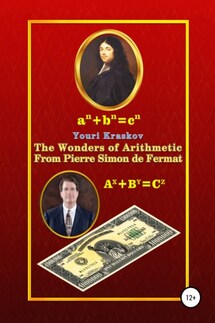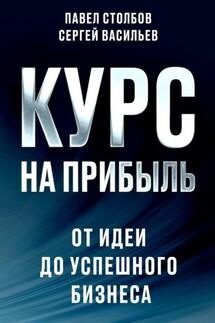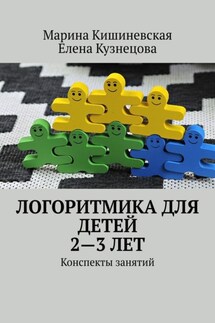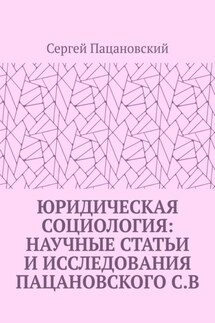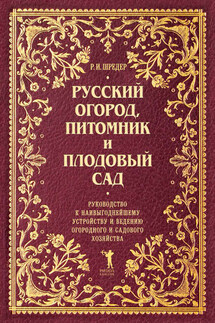The Wonders of Arithmetic from Pierre Simon de Fermat - страница 23
It is even difficult to imagine how these critics would have been amazed to find out that in fact Fermat had never dealt with the search for this proof since at that time he could not know what exactly is to be proven. But namely in the last sentence of the FLT wording, which had so much outraged them, there is a keyword directly indicated how he have solved this problem. It so happened that for centuries the science world vainly tormented itself in search of the FLT proof, but Fermat himself was never looked for it and simply had declared that he had it discovered!13
It is possible also to remind to opponents ingeminating about Fermat’s deliberate refusal to publish his works that for example, Descartes had received permission to publishing from Most Reverend cardinal Richelieu himself. It was impossible for Fermat and there is even a written (!!!) testimony about it (see text on P. Fermat’s tombstone: “Vir ostentationis expers … – He was deprived the possibility of publication …”. See Appendix VI Pic. 93 – 94). Nevertheless, even being in such conditions, he had prepared the publication of Diophantus’ “Arithmetic” with the addition of his 48 comments, one of which got a name the “Fermat’s Last Theorem”.
The publication was supposed to appear in honor of the historically significant event – the foundation of the French Academy of Sciences, in which preparation Fermat himself participated through the correspondence with his long-time colleague from the Toulouse parliament Pierre de Carcavy who became the royal librarian. The royal decree of the creation of the French Academy of Sciences was prepared by Carcavy and the all-powerful Finance Minister Jean-Baptiste Colbert submitting it to the signing by Louis XIV. However, the Academy of Sciences was established only in 1666 i.e. a year after the Fermat's death.
Mathematicians are very famous for how they are strict pedants, formalists and quibblers, but as soon as it comes to the FLT, all these qualities immediately disappear somewhere. Fermat's opponents ignoring well-known facts, called him either a hermit (this is a senator from Toulouse!) or a prince of amateurs (this is one of the founders of the French Academy of Sciences!), and this despite his contribution to science comparable to its importance only with a couple or triple of the most prominent scientists in the history of science!
They also did not fail sarcastically to point out that no one would have known about Fermat if the greatest mathematician of all times and peoples Leonhard Euler had not become interested in his tasks. But just this magic name has played a cruel joke with them. Their boundless belief in Euler's innovatory researches was too blind to notice that it was namely thanks to him science received such a powerful blow, from which it cannot recover up to now!
Mathematicians not only have believed Euler, but also warmly supported him that algebra is the main mathematical science, while arithmetic is only one of its elementary sections.14 Euler's idea was really excellent because his algebra, which gained new possibilities through the use of "complex numbers" was to be a most powerful scientific breakthrough that would allow not only to expand the range of numbers from the number axis to the number plane, but also to reduce the most of all calculations to solving algebraic equations.
